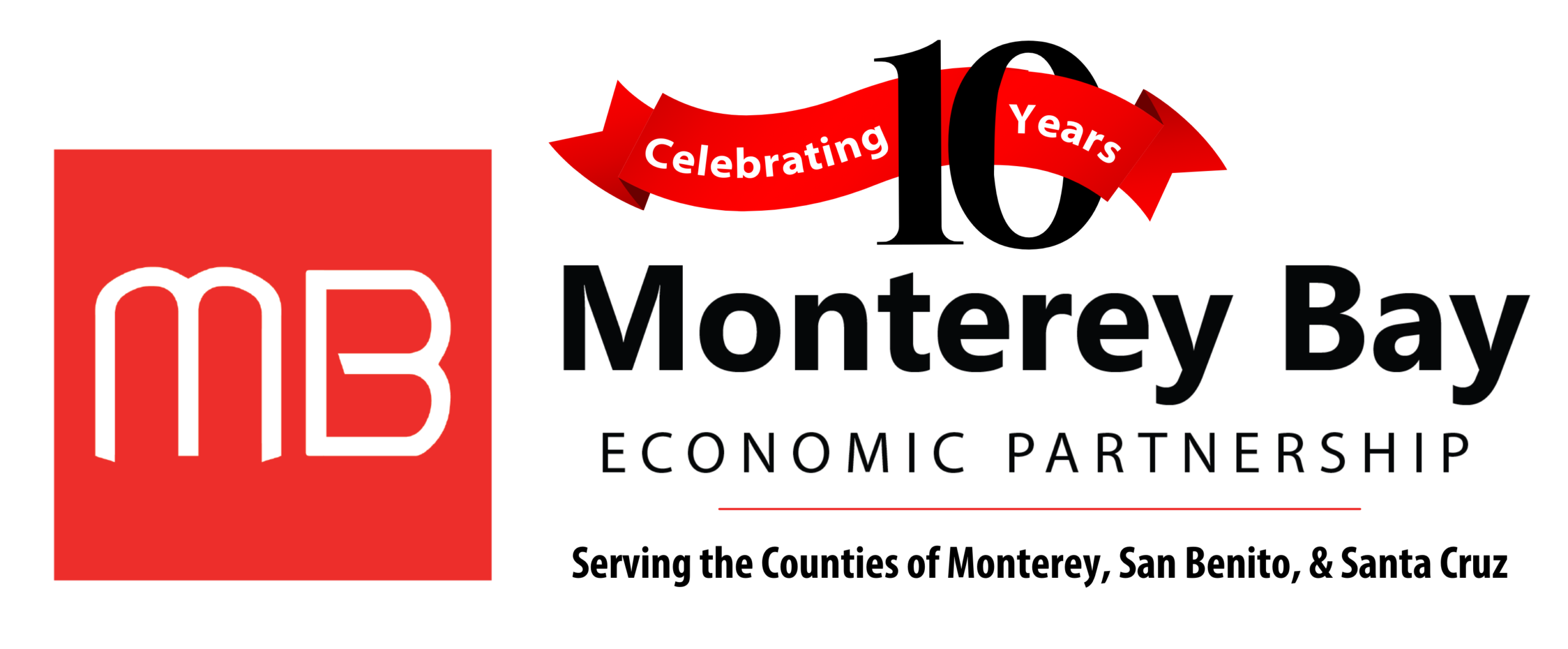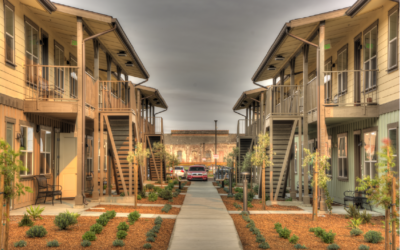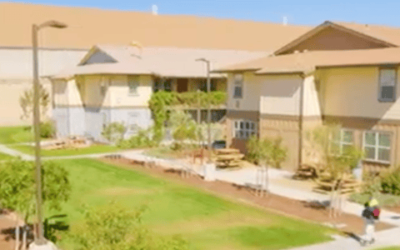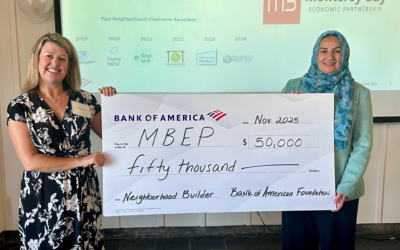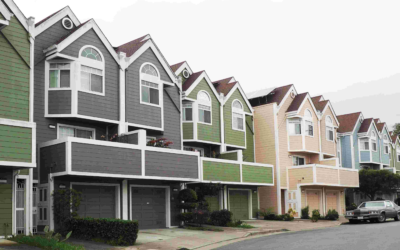Regional nonprofit marks its first decade of regional impact (Jan. 21, 2026 — Marina, CA) — As part of its 10th anniversary celebration, Monterey Bay Economic Partnership (MBEP)...
MBEP NEWS
MBEP Helps Secure Nearly $3.3 Million for Surfnet-Salinas Project
Broadband infrastructure funding continues to close the digital divide in rural and underserved areas (Jan. 15, 2025 — Marina, CA) — The California Public Utilities Commission...
Celebrating a Decade of Regional Transformation, Monterey Bay Economic Partnership (MBEP) to Host 10th Anniversary Gala
MBEP to Recognize Workforce Housing Pioneers in the Region (Jan. 7, 2026 — Marina, CA) — Join us Thursday, Jan. 29, at the Monterey Bay Aquarium for the Monterey...
Director, Housing Policy
Background Housing is a critical economic mobility strategy at the Monterey Bay Economic Partnership (MBEP) as we convene community, business, and government towards a vision of...
Public Input Sought on Draft Advanced Air Mobility (AAM) Infrastructure Readiness and Three-Year Implementation Work Plan
Monterey Bay Economic Partnership Continues to Support the Rapidly Evolving Electric and Hydrogen-Fueled Aircraft Ecosystem in the Monterey Bay Region (Dec. 30, 2025 — Marina,...
BofA Names Monterey Bay Economic Partnership 2025 Neighborhood Builder
MBEP Receives a Multiyear Grant and Leadership Training to Expand Critical Services Bank of America has namedMonterey Bay Economic Partnership (MBEP) as its 2025 Neighborhood...
Monterey Bay Economic Partnership Awarded $450,000 Grant from The David and Lucile Packard Foundation to Support Housing Efforts
For a decade, MBEP has been at the forefront of housing policy and advocacy, advancing solutions that increase the supply of stable and affordable housing Monterey Bay...
Local Forums Draw Attention to Regional Housing Challenges, Focus on Solutions
For a decade, MBEP has been at the forefront of housing policy and advocacy, advancing solutions that increase the supply of stable and affordable housing (Nov. 4, 2025 — Marina,...
Creating Buzz in the Region
MBEP in the news, digital access survey, apprenticeship programs, housing
